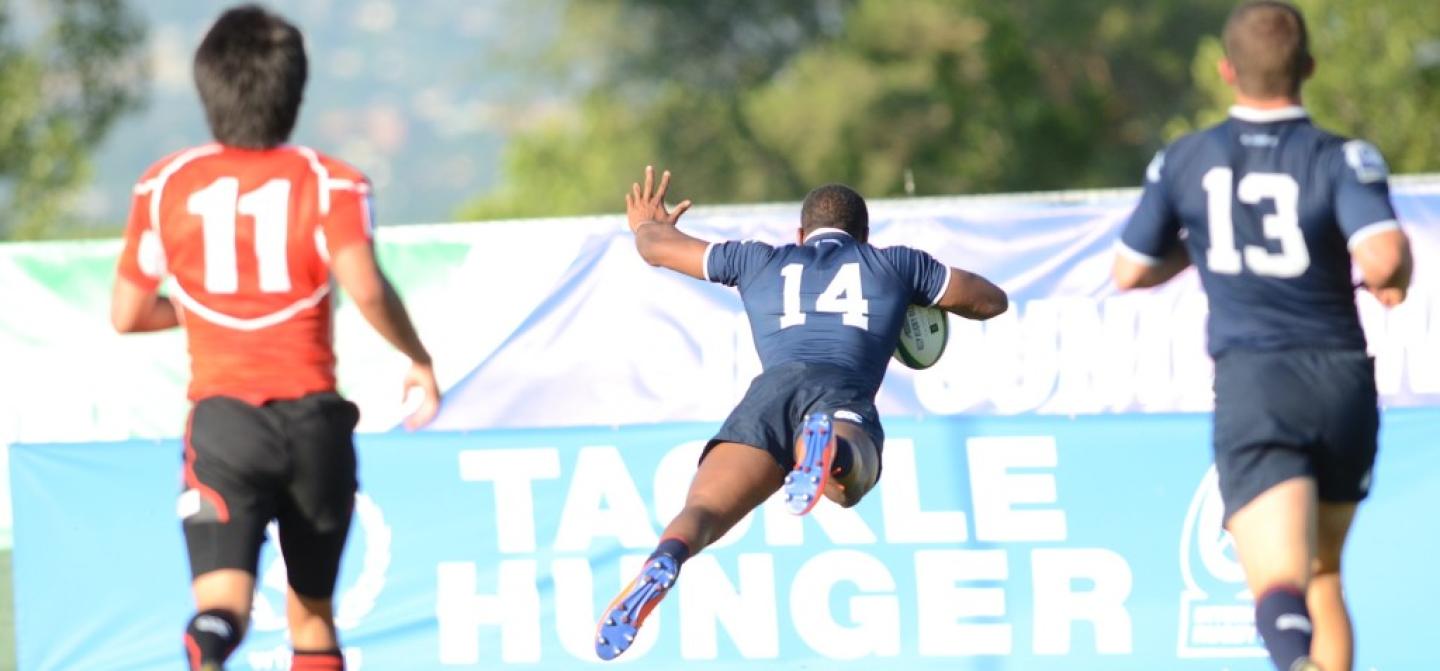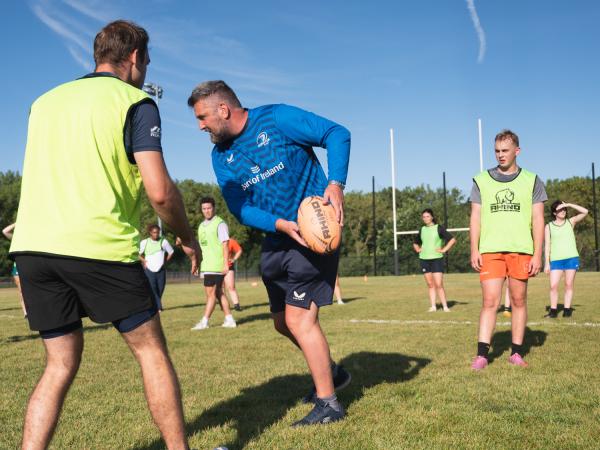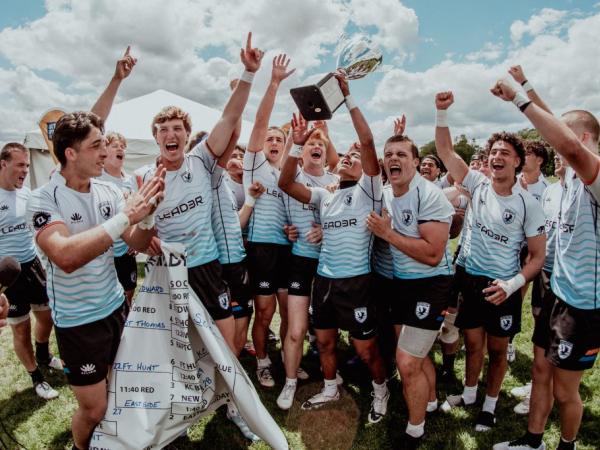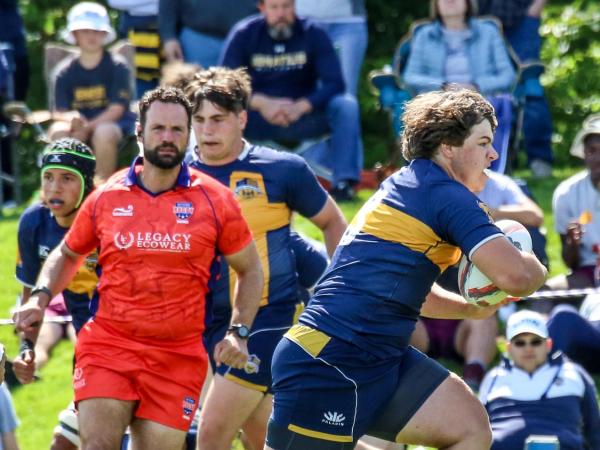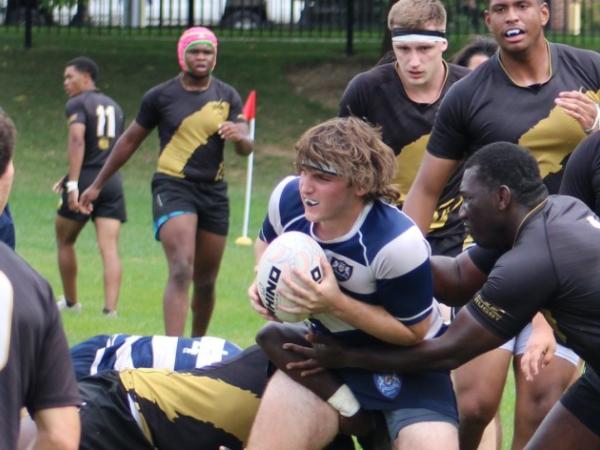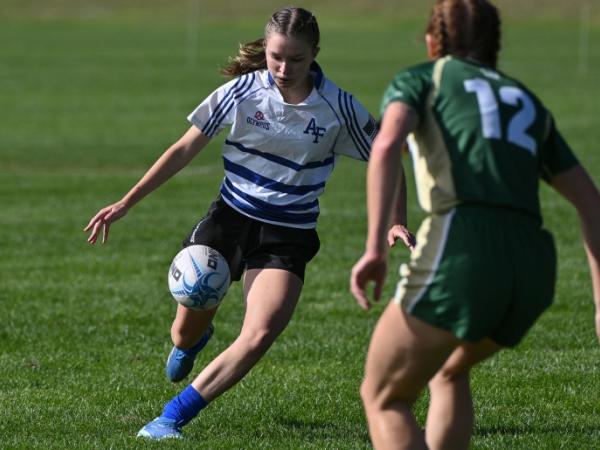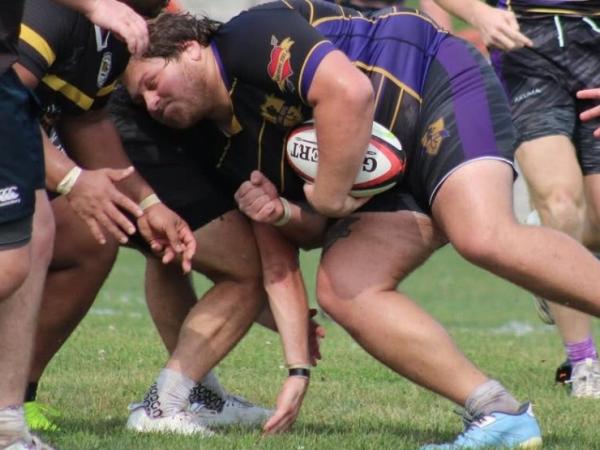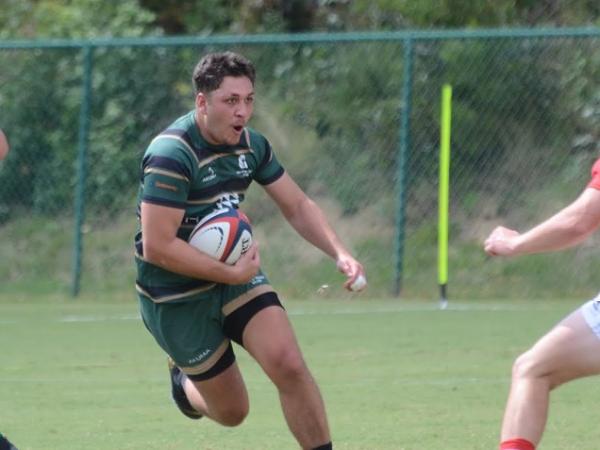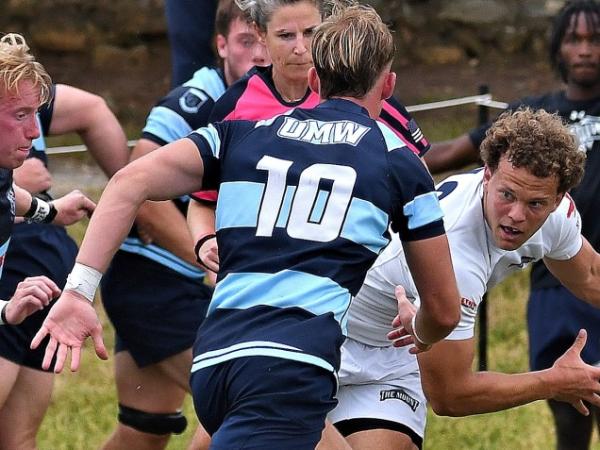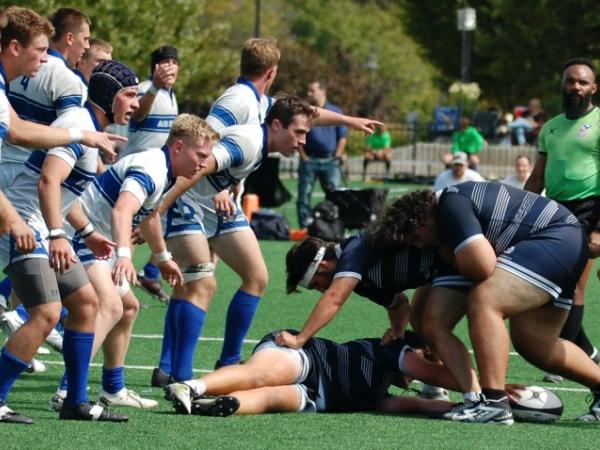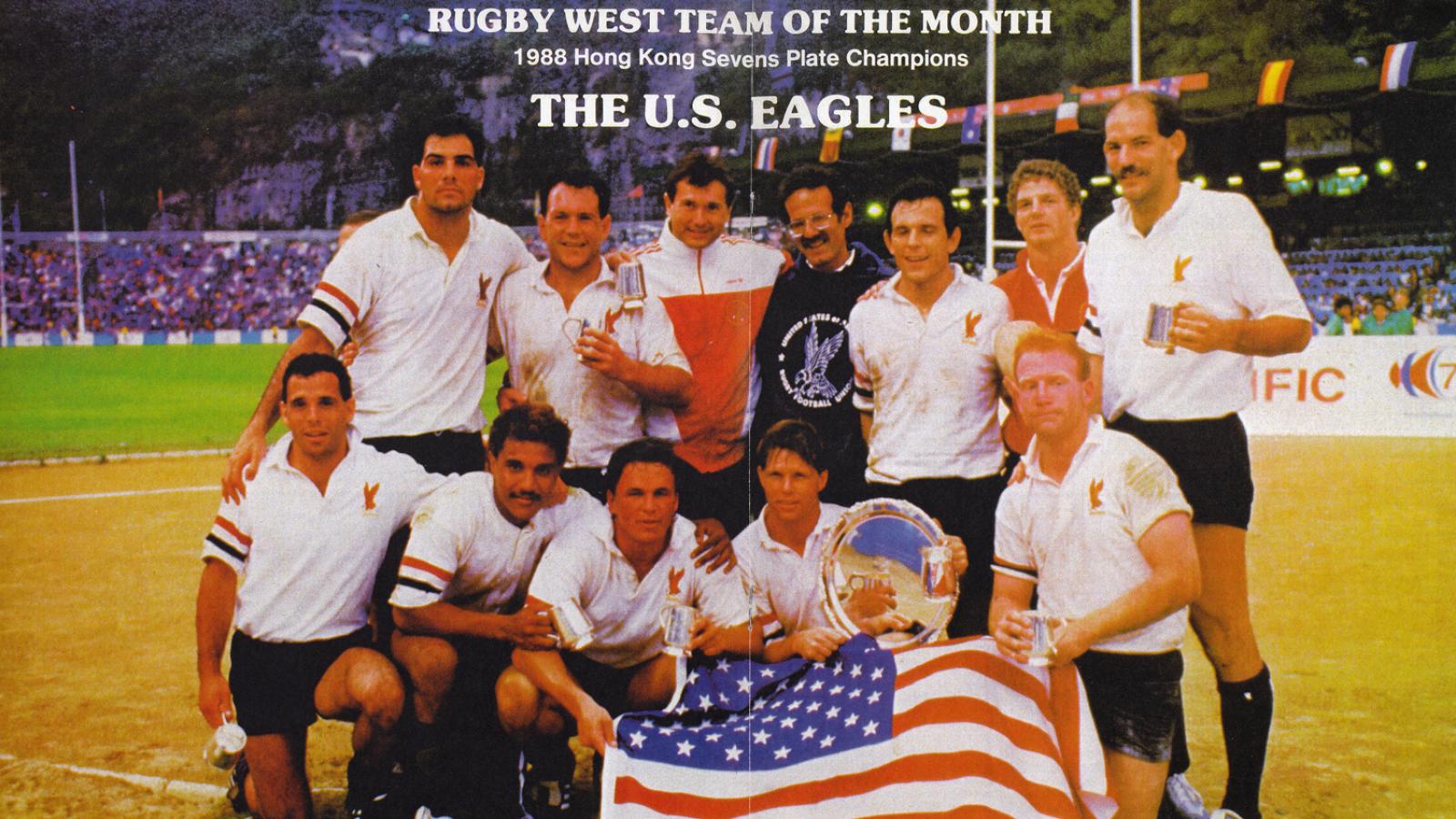Op-Ed Column By Josh Williams and Jacob Campbell; edited by Ashley Sullivan—This is the second of two contributions on how to improve USA Rugby, to not only ensure we qualify for the next Rugby World Cup in 2027 but that we develop a culture and process for continuous improvement and better outcomes on and off the pitch.
Op-Ed: Fixing USA Rugby Part 1
The first article focused on some specific recommendations to improve the general administration of rugby in the USA and the identification and development of coaches, particularly for the Senior team. This second set of recommendations is focused on identifying and developing the talent that will go into the pipeline for USA Rugby’s future.
Recommendation #3
Create an Advisory Group from the leaders of the most successful Player Development Programs
The size and diversity of the US and its rugby programs and pathways is both a challenge and an opportunity. At this point, the barriers associated with the considerable geography and the diversity of rugby programs and pathways has largely created a disconnected and fragmented approach to player development in the US. Successful university programs, MLR academies, competitive U18 clubs, and single school high schools all have different priorities and approaches to player development and often serve players from different backgrounds and communities. The most successful programs in each of these groups should have a voice in how we develop and improve our players and the pathways into the national teams. They should also be continuously educating and updating USA Rugby on the players in and the priorities of their programs.
Here are some specific next steps for this recommendation:
- Identify the top rugby programs and pathways from each region (West Coast, Mid-West, East Coast) at high performing universities, MLR academies, men’s clubs, U18 clubs, and high school programs. Leading coaches and administrators from the most successful programs and MLR academies should be recruited to serve on the advisory group with the goal of developing a stronger national program while also respecting the plans and priorities of the successful programs. It is important to recruit the best coaches and administrators and not just those willing volunteers who lack a history of successful programs, player development, and the respect of their peers.
- Create a unified schedule across the country for all clubs, universities, high school/U18 programs and MLR academies. I suggest that from November through May all programs play in their own specific seasons, with specific weekends set aside for MLR academy competitions. Then from June through September there are USA Rugby programs across each region to build camaraderie and connectivity for identified high-performing players. This universal schedule should be discussed, revised, and agreed upon by the Advisory Group and USA Rugby coaches and administrators.





